
views
Tokyo: Yoshimichi Harada has earned a university degree in economics, but he doesn't expect to be offered full-time employment at this stage in his life.
Nevertheless, he plans to continue expanding his knowledge and sharing his experiences with other students.
The 87-year-old Tokyoite recently became possibly the nation's oldest undergraduate, having completed his dissertation on theory of product distribution in November.
Harada finally retired from work in the construction business at 76 years. Ever since, he has been at his desk, reading textbooks, writing reports and memorising important formulas.
"I had longed for years to go to school, especially to get higher education," Harada said.
He explained that children of his era were expected to begin work after they finished five years of elementary level education.
The 10 per cent of his 53 classmates who proceeded to junior high schools came from wealthy families.
Harada was drafted into the imperial army at the age of 20 and stationed in China. When he was allowed to return home six years later, the young veteran had to scavenge for food.
Later, when the economy recovered, he began a life of labour. Formal education was a luxury then.
PAGE_BREAK
For half a century, he devoted his life to supporting his family, until he informed his senior-citizen children and their offspring that he was cutting them off because he needed to spend his money for his own education.
The family welcomed his decision, giving him a new set of clothes, shoes and bags for his schooling, he recalled with a laugh.
The senior student quickly adjusted to his new environment. He joined after-school drinks at bars with his university friends and exchanged notes with them before exams.
"I think many elderly in Japan wish to study if they can," Harada said. "But they can't seem to spend the money they earned because they feel responsible of their children and extended family,” he added.
Though media and the government claim that Japan's economy is recovering, people at the bottom have not yet seen the effect of it, Harada said. That's why elderly remain sceptical and cautious with their finances.
More than 20 per cent of Japanese are now older than 65, according to the government survey, and are widely known to devote their lives to their families' well-being.
But Harada said he thinks they should draw a clear line and take off to pursue new directions in life as he did.
"Spacing out at home still costs money, so why not make use of it and do something like going to university?" the elderly scholar said.
The great-grandpa even enjoyed a modern curriculum and technological advancements that most people of his age had never even heard of.
Although Harada managed to learn typing, he handwrote the 60 pages of his senior thesis on business economics and theory of distribution "because it was faster".
Having received his long-awaited degree, the recent graduate is now contemplating his future.
Harada was barred from seeking teaching credentials because he is way past retirement age, he said with a laugh.
Instead, he gives talks at local junior high schools to recount his experiences during the war, and hopes to increase his range on the lecture circuit.













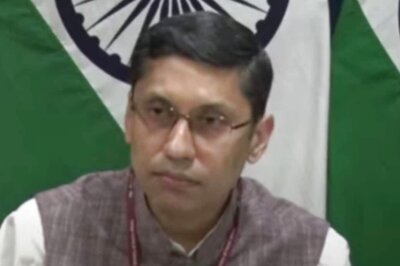
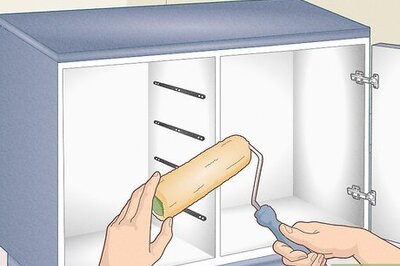
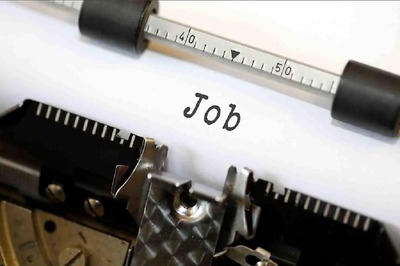
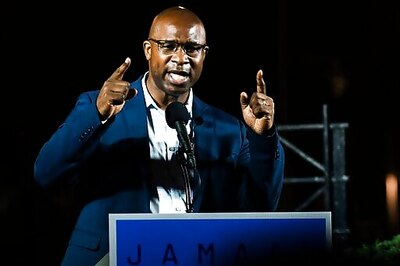

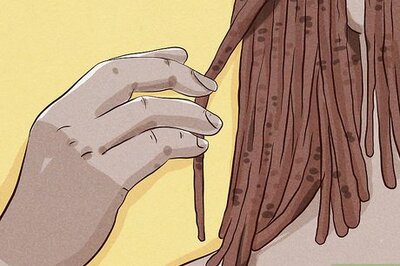
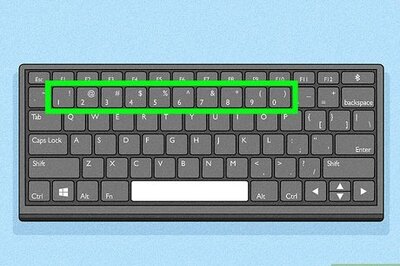
Comments
0 comment